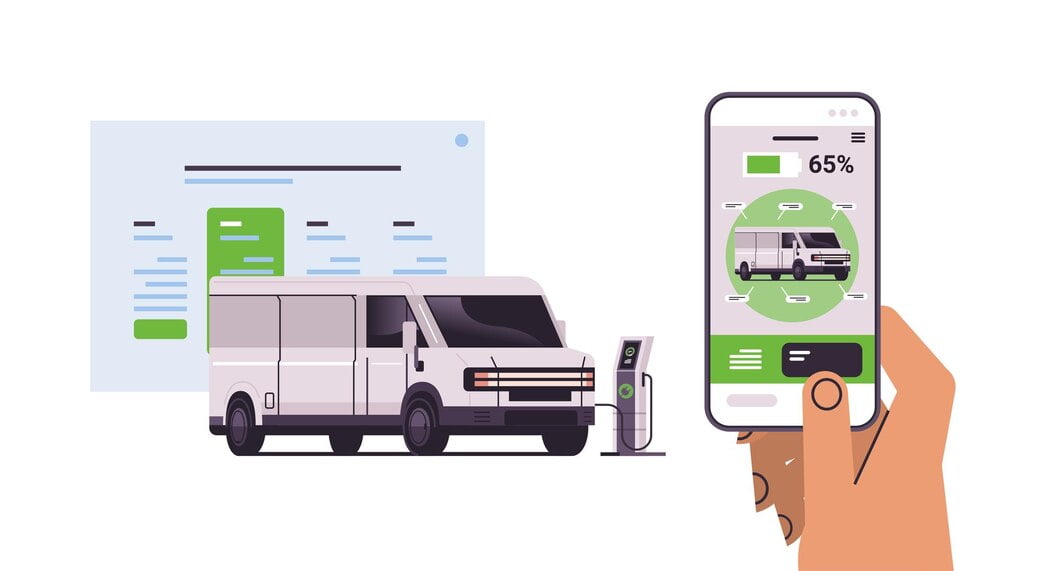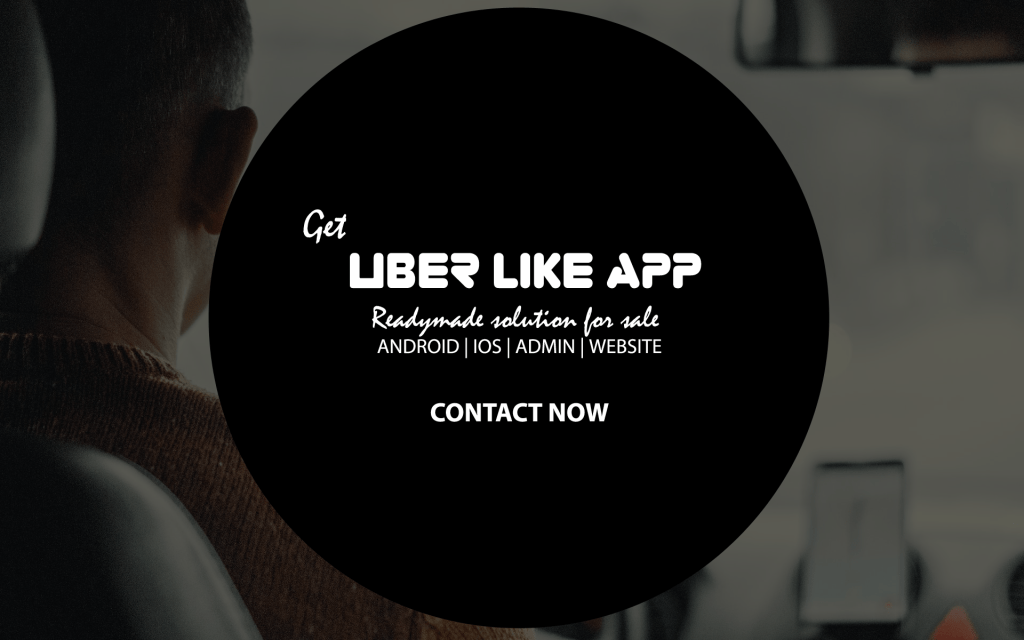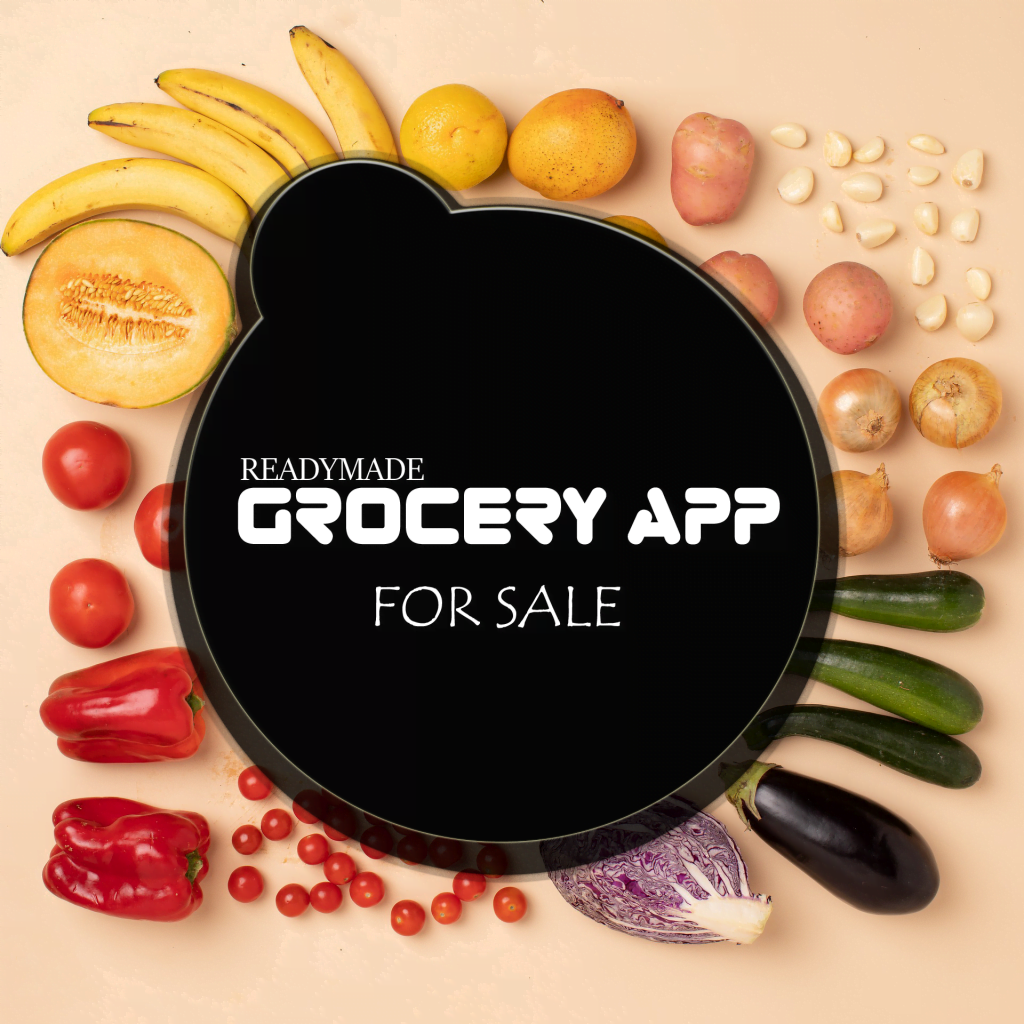Introduction:
The world of freight transportation has been undergoing a significant shift in recent years, and much of this change can be attributed to the rise of truck apps like Uber. These apps, which provide on-demand transportation services for businesses and individuals alike, are revolutionizing the way goods are moved from one place to another.
Revolutionizing the Trucking Industry: The Rise of Truck Apps Like Uber
The trucking industry has long been a vital part of the global economy, with trucks responsible for transporting goods across the country and around the world. However, this industry has also faced many challenges, from driver shortages to rising fuel costs and the need for greater efficiency. In recent years, truck apps like Uber have emerged as a game-changing solution to these challenges, revolutionizing the way goods are transported and creating new opportunities for both shippers and carriers.
At its core, the concept of truck apps is simple: they connect shippers with carriers in real-time, using a mobile platform to facilitate the shipment of goods. These apps allow businesses to quickly and easily move their goods from one location to another, eliminating many of the traditional pain points associated with freight transportation. With truck apps, shippers can input their shipment details, receive real-time quotes from a network of carriers, and select the best option for their needs.
The benefits of this approach are numerous. For shippers, truck apps offer greater flexibility, cost savings, and speed, allowing them to respond quickly to changing market demands and customer needs. For carriers, these apps provide a steady stream of work, greater visibility into available loads, and reduced idle time. By leveraging technology to optimize the freight transportation process, truck apps are creating a more efficient and effective ecosystem for both parties.
The growth of truck apps (truck apps like uber) in the freight transportation industry has been impressive, with companies like Uber Freight, Convoy, and Loadsmart leading the way. According to a report by McKinsey, the digital freight brokerage market in the US is expected to reach $52 billion by 2023, up from $8 billion in 2016. This growth is being driven by factors such as increased e-commerce activity, rising demand for just-in-time delivery, and the need for greater supply chain efficiency.
One of the key advantages of truck apps is their ability to use data analytics and machine learning to optimize the freight transportation process. By analyzing data on factors such as shipment volume, location, and timing, these apps can help shippers and carriers make smarter decisions, improve delivery times, and reduce costs. They can also use GPS tracking to provide real-time visibility into the status of shipments, enabling businesses to track their products from origin to destination.
Another area of innovation in the truck app space is the use of blockchain technology to enhance transparency and security in the freight transportation process. Blockchain can provide an immutable ledger of transactions, ensuring that data is accurate and tamper-proof. This can help to reduce fraud, improve compliance, and increase trust between shippers and carriers.
How Truck Apps Like Uber Can Make Shipping More Efficient and Sustainable
Truck apps like Uber Freight have already transformed the freight transportation industry by providing an efficient and cost-effective way to move goods. But beyond the immediate benefits of convenience and cost savings, these apps also have the potential to make shipping more sustainable by reducing carbon emissions and waste.
One of the key ways that truck apps can make shipping more sustainable is by optimizing truck routes and reducing empty miles. Traditionally, trucks often travel long distances with empty trailers, resulting in wasted fuel and increased emissions. However, with the use of data analytics and machine learning, truck apps can help carriers optimize their routes and minimize empty miles, reducing fuel consumption and emissions.
Additionally, truck apps can help to reduce the number of vehicles on the road by maximizing the capacity of each shipment. By matching shippers with carriers who have available space, these apps can help to consolidate shipments and reduce the need for additional trucks on the road. This can not only reduce emissions, but also ease congestion and lower the risk of accidents.
Another way that truck apps can contribute to sustainability is by providing greater visibility into the supply chain. With real-time tracking and analytics, shippers and carriers can identify areas where they can reduce waste and improve efficiency. For example, they may be able to identify opportunities to reduce packaging, eliminate unnecessary steps in the supply chain, or use more eco-friendly materials.
Finally, truck apps (truck apps like uber) can also contribute to sustainability by enabling greater collaboration between shippers and carriers. By working together to optimize the supply chain, businesses can reduce waste, lower costs, and improve the overall efficiency of the freight transportation system. This collaboration can also lead to the development of new technologies and practices that further enhance sustainability in the industry.
The Evolution of Truck Apps Like Uber: From Concept to Reality
- The concept of truck apps like Uber has been around for several years, but it wasn’t until recently that it became a reality. The evolution of truck apps has been marked by several key milestones, from the initial idea to the development of new technologies and business models.
- The first signs of the concept of truck apps emerged in the early 2000s, when the rise of the internet and e-commerce created a need for more efficient freight transportation solutions. Some early attempts to digitize the industry, such as load boards and online marketplaces, were met with limited success, but they laid the groundwork for the emergence of truck apps.
- The next major milestone in the evolution of truck apps was the development of mobile technology. With the widespread adoption of smartphones and the emergence of app stores, it became possible to create mobile platforms that could connect shippers with carriers in real-time. This allowed for greater flexibility and efficiency in the freight transportation process, making it easier for businesses to move their goods from one location to another.
- In 2017, Uber Freight launched its truck app, marking a significant turning point in the industry. With the backing of Uber’s massive platform and data analytics capabilities, the app quickly gained traction, offering real-time quotes and booking for shippers and carriers. Other companies, such as Convoy and Loadsmart, soon followed suit, launching their own truck apps and driving further innovation in the space.
- As truck apps (truck apps like uber) continue to evolve, we are seeing the emergence of new technologies and business models that are further transforming the industry. For example, some apps are now using artificial intelligence and machine learning to optimize routes and improve efficiency, while others are incorporating blockchain technology to enhance transparency and security in the freight transportation process.
Overall, the evolution of truck apps like Uber has been marked by a constant drive towards greater efficiency, flexibility, and innovation. While there are still many challenges facing the industry, the continued growth and development of these apps suggests that the future of freight transportation is bright. As technology continues to advance, we can expect to see even more exciting developments in this space, leading to a more efficient and sustainable supply chain for businesses around the world.
Why Every Carrier and Shipper Needs a Truck App Like Uber in Their Arsenal.
Truck apps like Uber Freight have revolutionized the way shippers and carriers move goods, offering an efficient and cost-effective way to transport freight. In today’s fast-paced business environment, every carrier and shipper needs a truck app in their arsenal to stay competitive and meet the evolving demands of the industry.
Here are some of the key reasons why every carrier and shipper needs a truck app like Uber in their arsenal:
- Streamlined booking and scheduling: With a truck app, shippers can easily book and schedule shipments in real-time, without the need for lengthy negotiations or contracts. This allows businesses to respond quickly to changing demand and get their goods to market faster.
- Increased visibility and transparency: A truck app provides real-time tracking and analytics, allowing shippers and carriers to monitor the progress of their shipments and make adjustments as needed. This increased visibility and transparency helps to improve communication and reduce errors, leading to a smoother and more efficient supply chain.
- Greater flexibility and scalability: With a truck app, shippers and carriers can quickly and easily access a network of carriers and available shipments, allowing them to scale up or down as needed to meet changing demand. This flexibility helps businesses to optimize their operations and reduce waste.
- Improved efficiency and cost savings: By leveraging data analytics and machine learning, a truck app can help carriers optimize their routes and minimize empty miles, reducing fuel consumption and emissions and ultimately cutting costs. Additionally, by consolidating shipments and maximizing capacity, a truck app can reduce the number of trucks on the road and lower the risk of accidents.
- Access to new technologies and innovation: Truck apps are at the forefront of innovation in the freight transportation industry, incorporating new technologies such as artificial intelligence, machine learning, and blockchain to enhance efficiency and transparency. By using a truck app, carriers and shippers can stay up-to-date with the latest developments in the industry and gain a competitive advantage.
On-Demand Trucking: How Uber-Like Apps are Streamlining Logistics
On-demand trucking (truck apps like uber), powered by Uber-like apps, is streamlining logistics and revolutionizing the freight transportation industry. By leveraging the power of technology and data, on-demand trucking is making it easier and more efficient for shippers and carriers to move goods from one location to another.
Here are some of the ways in which on-demand trucking is streamlining logistics:
- Real-time matching: With on-demand trucking apps (truck apps like uber), shippers can quickly and easily find carriers with available capacity in real-time. This eliminates the need for lengthy negotiations and contracts, allowing businesses to respond quickly to changing demand and get their goods to market faster.
- Increased visibility and transparency: On-demand trucking apps provide real-time tracking and analytics, allowing shippers and carriers to monitor the progress of their shipments and make adjustments as needed. This increased visibility and transparency helps to improve communication and reduce errors, leading to a smoother and more efficient supply chain.
- Flexible pricing and payment options: On-demand trucking apps offer flexible pricing and payment options, allowing shippers and carriers to customize their services to meet their specific needs. This helps businesses to optimize their operations and reduce waste, leading to cost savings and increased profitability.
- Improved efficiency and sustainability: By leveraging data analytics and machine learning, on-demand trucking apps can help carriers optimize their routes and minimize empty miles, reducing fuel consumption and emissions and ultimately cutting costs. Additionally, by consolidating shipments and maximizing capacity, on-demand trucking apps can reduce the number of trucks on the road and lower the risk of accidents.
- Access to new technologies and innovation: On-demand trucking apps are at the forefront of innovation in the freight transportation industry, incorporating new technologies such as artificial intelligence, machine learning, and blockchain to enhance efficiency and transparency. By using on-demand trucking apps, shippers and carriers can stay up-to-date with the latest developments in the industry and gain a competitive advantage.
Read our other articles:
Conclusion
In conclusion, on-demand trucking (truck apps like uber) powered by Uber-like apps is streamlining logistics and transforming the freight transportation industry. By providing real-time matching, increased visibility and transparency, flexible pricing and payment options, improved efficiency and sustainability, and access to new technologies and innovation, on-demand trucking is making it easier and more efficient for businesses to move goods from one location to another.






 Mr. Abhinay is Managing Director at Appok Infolabs.
Having12+ years of experiance in AI. | VR. | ML. and Expertise in Cloud computing | Digital marketing | Search engine optimisation.
Mr. Abhinay is Managing Director at Appok Infolabs.
Having12+ years of experiance in AI. | VR. | ML. and Expertise in Cloud computing | Digital marketing | Search engine optimisation.